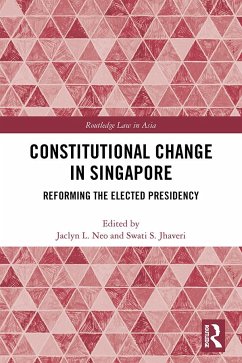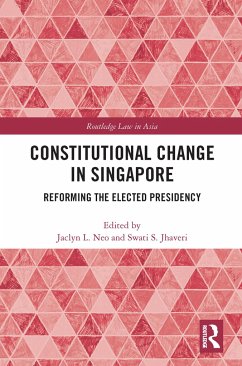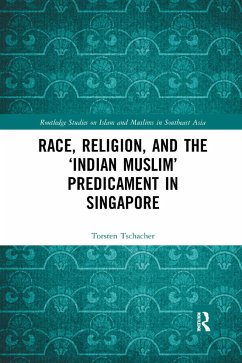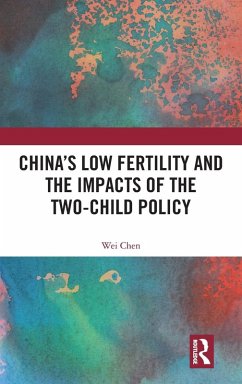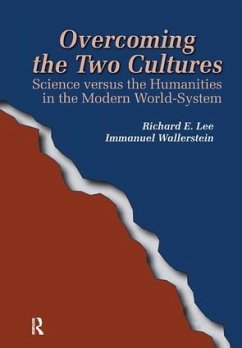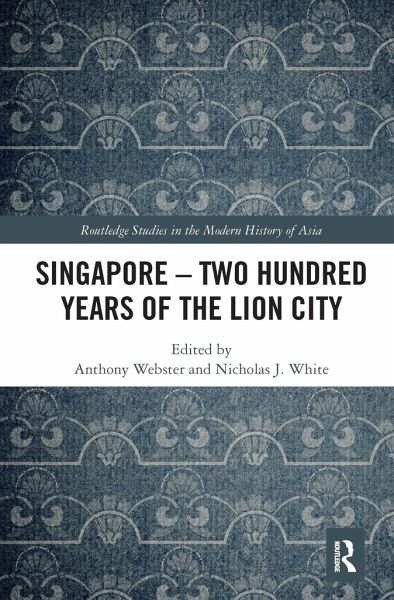
Singapore - Two Hundred Years of the Lion City
Versandkostenfrei!
Versandfertig in 1-2 Wochen
55,99 €
inkl. MwSt.

PAYBACK Punkte
28 °P sammeln!
Two hundred years after Singapore's foundation by Stamford Raffles in 1819, this book reflects on the historical development of the city, putting forward much new research and new thinking. It discusses Singapore's emergence as a regional economic hub, explores its strategic importance and considers its place in the development of the British Empire. Subjects covered include the city's initial role as a strategic centre to limit the resurgence of Dutch power in Southeast Asia after the Napoleonic Wars, the impact of the Japanese occupation, and the reasons for Singapore's exit from the Malaysi...
Two hundred years after Singapore's foundation by Stamford Raffles in 1819, this book reflects on the historical development of the city, putting forward much new research and new thinking. It discusses Singapore's emergence as a regional economic hub, explores its strategic importance and considers its place in the development of the British Empire. Subjects covered include the city's initial role as a strategic centre to limit the resurgence of Dutch power in Southeast Asia after the Napoleonic Wars, the impact of the Japanese occupation, and the reasons for Singapore's exit from the Malaysian Federation in 1965. The book concludes by examining how Singapore's history is commemorated at present, reinforcing the image of the city as prosperous, peaceful and forward looking, and draws out the lessons which history can provide concerning the city's likely future development.




